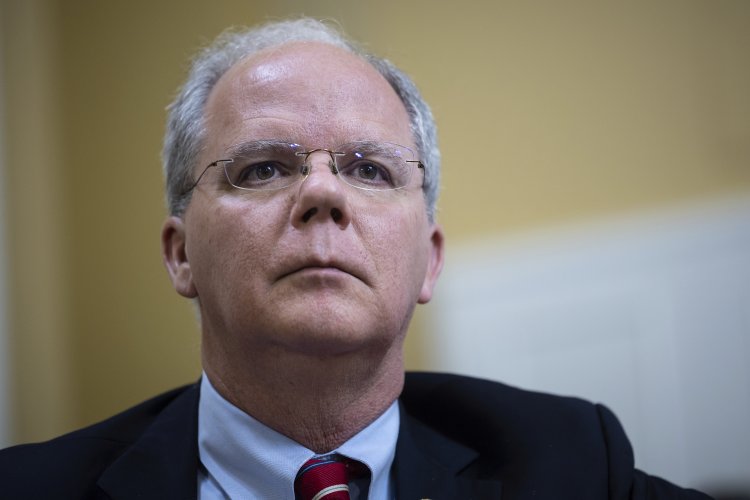GOP timeline could prompt Medicaid showdown by early May
The House committee assigned the responsibility of cutting $880 billion is preparing to finalize its proposals.

The House Energy and Commerce Committee may convene as early as the week of May 5 to begin marking up its section of the party-line package that is central to President Donald Trump's agenda, according to nine anonymous sources familiar with the discussions.
The committee is responsible for implementing $880 billion in spending cuts from programs it oversees, including Medicaid, the joint federal-state health care safety net program.
The extent of these cuts has become a significant contention point among Republicans as they negotiated the budget framework for the comprehensive bill, which will also address tax cuts, enhanced border security, energy policy, and other areas. The finalized blueprint, established last week, aims for committees to complete their markups by May 9, although this deadline is not strictly enforced.
House GOP leaders are also urging the Agriculture Committee, which has been assigned to cut $230 billion—likely from the largest food assistance program for low-income Americans—along with several other committees, to finalize their markups in the first week of May, as indicated by three Republicans with direct knowledge of these developments.
Speaker Mike Johnson has expressed his desire for committees to coordinate with their Senate counterparts during the recess and to conduct markups once lawmakers return. However, some House Republicans are cautioning that syncing up with the Senate might extend the timeline. The schedule for the tax-writing Ways and Means Committee remains uncertain.
Additionally, senior Republicans are advocating for the Transportation and Infrastructure Committee to conduct its markup on April 30, according to a source familiar with the committee's timetable. This committee plays a relatively minor role in the overall legislation.
Energy and Commerce Chair Brett Guthrie informed reporters last week that he anticipates between $500 and $600 billion of the committee's total spending cut target will be derived from health care programs, including Medicaid, while the remainder will come from energy and telecommunications policies.
The Kentucky Republican has maintained that these reductions would not lead to individuals losing their current benefits, a statement that has been contested by Democrats and some experts.
“Hundreds of billions of dollars in Medicaid cuts will terminate health insurance for millions of Americans and shutter hospitals, doctors’ offices and nursing homes,” wrote Senators Ron Wyden and Jeff Merkley, who serve as the ranking members of the Senate Finance and Budget Committees, in a joint op-ed in the Portland Tribune on Thursday.
Even among Republicans, there are concerns that Medicaid benefits may be compromised in order to satisfy GOP fiscal conservatives. As Johnson sought to finalize his agreement with conservative hard-liners on the budget framework last week, he rushed to reassure a group of moderate Republicans on the House floor that he would not remove Medicaid benefits.
“We made it very clear once again that we would not vote for anything that takes away benefits from legally eligible recipients,” stated Rep. Nicole Malliotakis.
Despite this, Guthrie contends that $170 billion in savings could be achieved by ensuring that individuals enrolled in Medicaid are truly eligible—removing only those who do not meet the qualifications. Rep. Mike Lawler mentioned during a CNN town hall on Thursday evening that such measures could involve requiring eligibility checks every quarter.
According to Guthrie, more than $200 billion could be saved by implementing new work requirements for Medicaid, along with additional savings that would come from reducing the federal contribution for certain beneficiaries in states that have expanded Medicaid.
However, if the federal government reduces its share of payments, states may face the necessity of cutting benefits or raising taxes.
On Thursday, the House approved the Senate-endorsed budget blueprint, setting the stage for a swift advancement of the mega bill. Johnson has expressed his goal of having the bill on Trump's desk by Memorial Day, a challenging target given the significant issues that need to be addressed across various committees.
Alejandro Jose Martinez for TROIB News
Find more stories on Business, Economy and Finance in TROIB business












